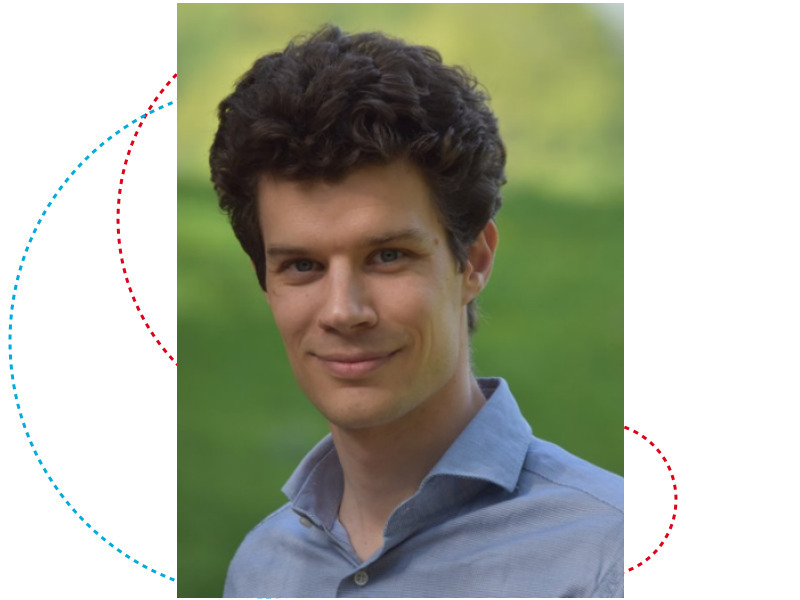Physics meets Biology online Seminar
Abstract:
With increasing life expectancy amyloid-related diseases are becoming alarmingly common. However, it remains largely unknown how the complex biochemical environment inside cells influence the kinetics of amyloid formation and the structure of aggregates. Liquid-like membraneless condensates, which have recently been found to occur in many cells, can fundamentally alter the aggregation process. Partitioning of aggregation-prone proteins, chaperones and enzymes into these liquid-like compartments results in higher local concentrations but also in changes to the proteins’ physicochemical environment, and thus in altered aggregation kinetics.
To elucidate the role of biomolecular condensates on protein aggregation, we investigated the fate of aggregation-prone protein, α-synuclein, in the presence of three distinct condensate models. Our experiments show that liquid droplets can both accelerate and slow down aggregation, depending on the composition. Kinetic assays and quantitative microscopy allowed us to distinguish different mechanisms by which liquid droplets can interact with aggregation-prone protein. While the droplets may provide a distinct chemical environment and increase local concentrations, it was mostly the interaction with droplet interface and heterogenous nucleation that accelerated aggregation. These results open the way for a better understanding of protein aggregation in the complex biochemical environment inside cells and the development of new therapeutic strategies.
About the speaker:
Dr. Evan Spruijt is Associate professor at the Institute for Molecules and Materials, Radboud University Nijmegen. He is an expert in the physical chemistry of membraneless organelles and protocells. He has 48 publications in highly regarded journals, including Nature Chemistry 2021, Nature Nanotechnology (4x, 2014-2018), Nature Communications (2021), PNAS (2013) and PRL (2010), and is regularly invited to give seminars or talks at conferences and symposia (ACS, CECAM, Next Generation Biophysics). He has secured more than €2.5M in research project funding from NWO, EU H2020 and HFSP, and is currently managing PI for 3 multidisciplinary research projects, involving 8 PhDs and 3 postdocs, ranging from origin of life to synthetic cells. He is a member and Co-I of the Functional Molecular Systems, and Building a Synthetic Cell consortium in the Netherlands, and the European SynCell and Life 2.0 networks.
Wojciech P. Lipiński1, Brent Visser1, Mireille Claessens2, Mohammad Fakhree2, Saskia Lindhoud3 and Evan Spruijt1
1Institute for Molecules and Materials, Radboud University, Nijmegen, the Netherlands
2Nanobiophysics, Faculty of Science and Technology, University of Twente, Enschede, the Netherlands
3Molecular Nanofabrication, Faculty of Science and Technology, University of Twente, Enschede, the Netherlands
